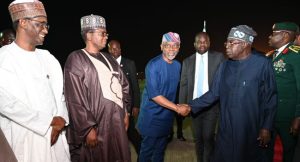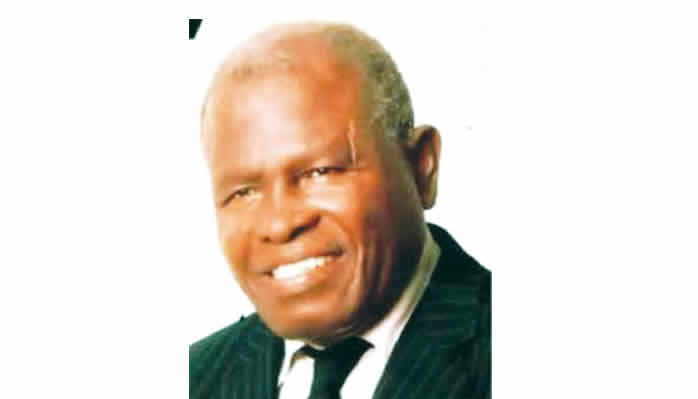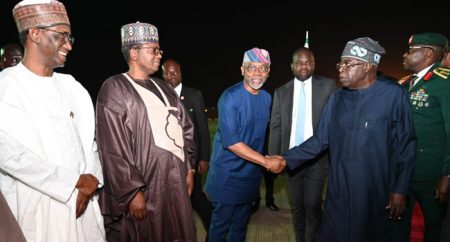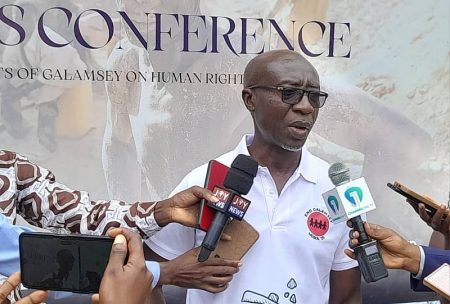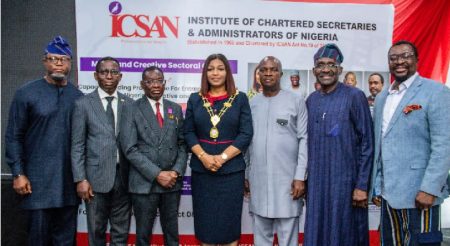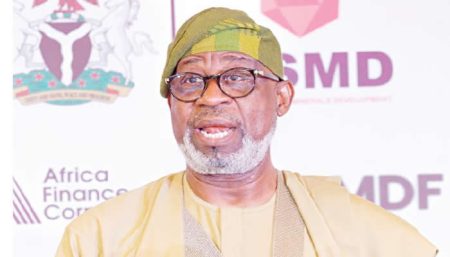Sokari Soberekon, an esteemed elder statesman and activist from the Niger Delta region, has issued a cautionary message to the Nigeria Labour Congress (NLC) and the Trade Union Congress (TUC) amidst their ongoing push for reduced fuel prices. In a recent interview with South-South PUNCH, he emphasized the importance of these labor organizations not becoming mere tools for politically aggrieved individuals looking to confront the federal government, particularly under President Nika Ahmed Tinubu’s administration. Soberekon articulated that any aggressive action regarding fuel prices should be avoided, as it might lead to unrest in the country, which is not a direction he believes the Ijaw people should support.
Reflecting on historical protests, Soberekon recounted a significant event from 43 years ago when he protested against fuel price hikes by threatening to take his life. During that time, he sought dialogue, meeting with then-President Shehu Shagari to voice his grievances, which ultimately resulted in the approval of oil derivations for the Niger Delta, an important victory for the region. He drew parallels to the current situation, expressing his concerns about making confrontational approaches against the government. He believes that a more constructive form of advocacy focused on dialogue could yield better results, particularly as it pertains to the southern region’s needs and the need for stability.
As part of his call to action, Soberekon supported the collective demands for lower fuel prices but advocated for an approach grounded in dialogue rather than confrontation. He specifically urged President Tinubu to consider implementing a reduction in fuel prices, using his veto power to bring relief to citizens who are grappling with economic pressures. Soberekon stated, “We should contribute; we should join hands to build a nation, not to confront,” suggesting that labor should play a collaborative role rather than being used as a pawn in the political game. This appeal underlines the desire for unity in addressing national issues rather than allowing dissent to be exploited for political gains.
Soberekon also introduced the idea of legalizing artisanal refining, specifically referring to local practices known as “Kpo-fire.” He pointed out that this grassroots method of refining could serve as an immediate solution to the persistent fuel crisis, potentially alleviating some pressure on fuel prices. He expressed frustration over the government’s failure to support this avenue, emphasizing that with appropriate licensing and access to oil supplies, these artisanal refineries could not only provide a lower-cost alternative to fuel but also stimulate local economies and empower communities.
In reiterating his views, Soberekon underscored the significance of dialogue between organized labor and the government as a pathway to progress. While he acknowledges the widespread dissatisfaction regarding fuel prices, he stresses the necessity of constructive engagement rather than adopting a rebellious stance. This approach, he believes, could facilitate more impactful change without exacerbating tensions between the populace and the government. His insights reveal a seasoned perspective that values collaboration over conflict, celebrating the potential for mutual understanding in the face of economic challenges.
Ultimately, Soberekon’s passionate plea is for a balanced approach to the economic difficulties currently facing Nigeria, especially in relation to the rising fuel prices. He emphasizes the importance of genuine dialogue and strategic partnerships between labor unions and political leaders. The crux of his message is one of hope and constructive engagement, underscoring that while the call for reduced fuel prices is valid, it must not be drowned out by hostile or confrontational actions. Instead, he advocates for a path that honors the rights and needs of the Niger Delta while promoting national solidarity and governance that genuinely aims to improve the lives of all citizens.


